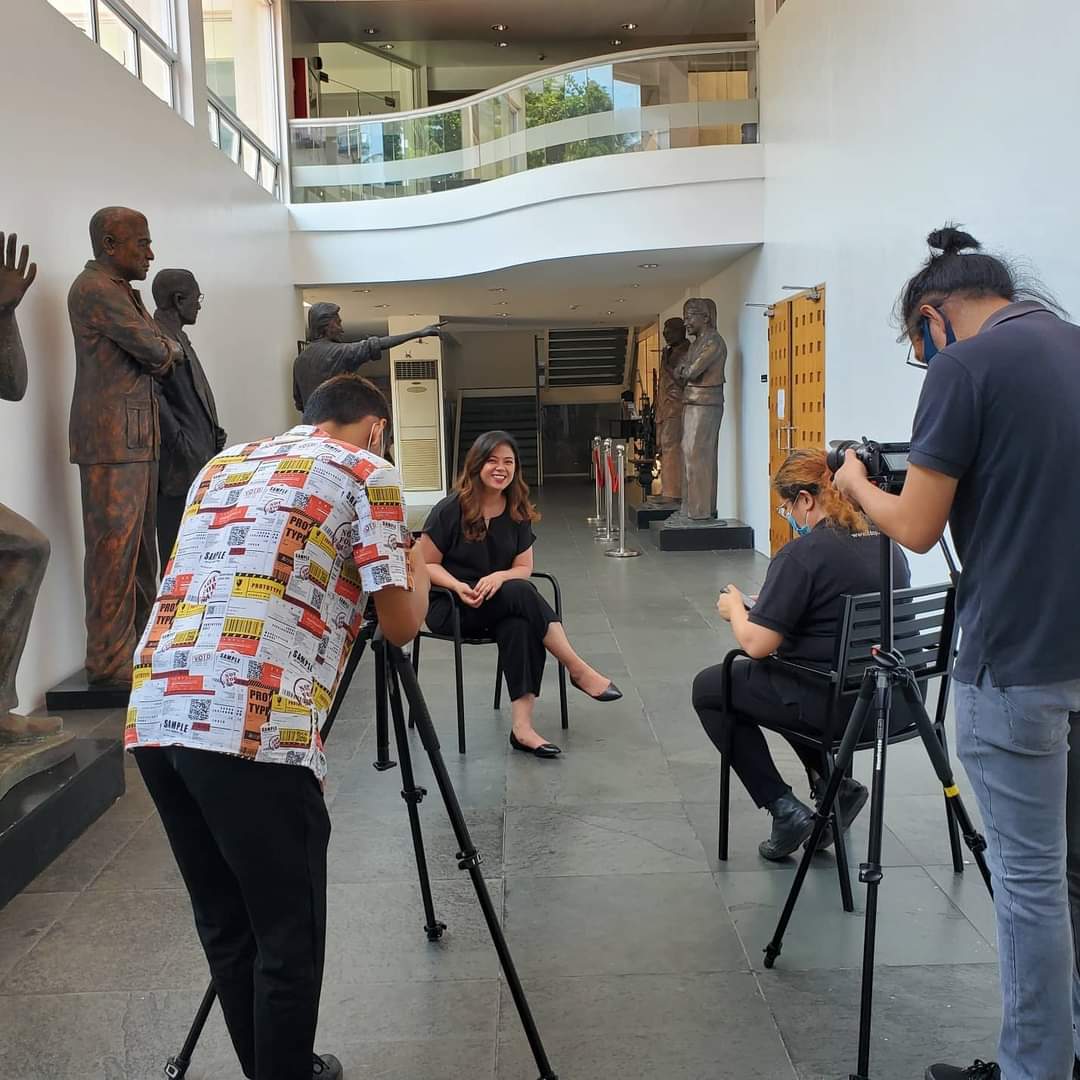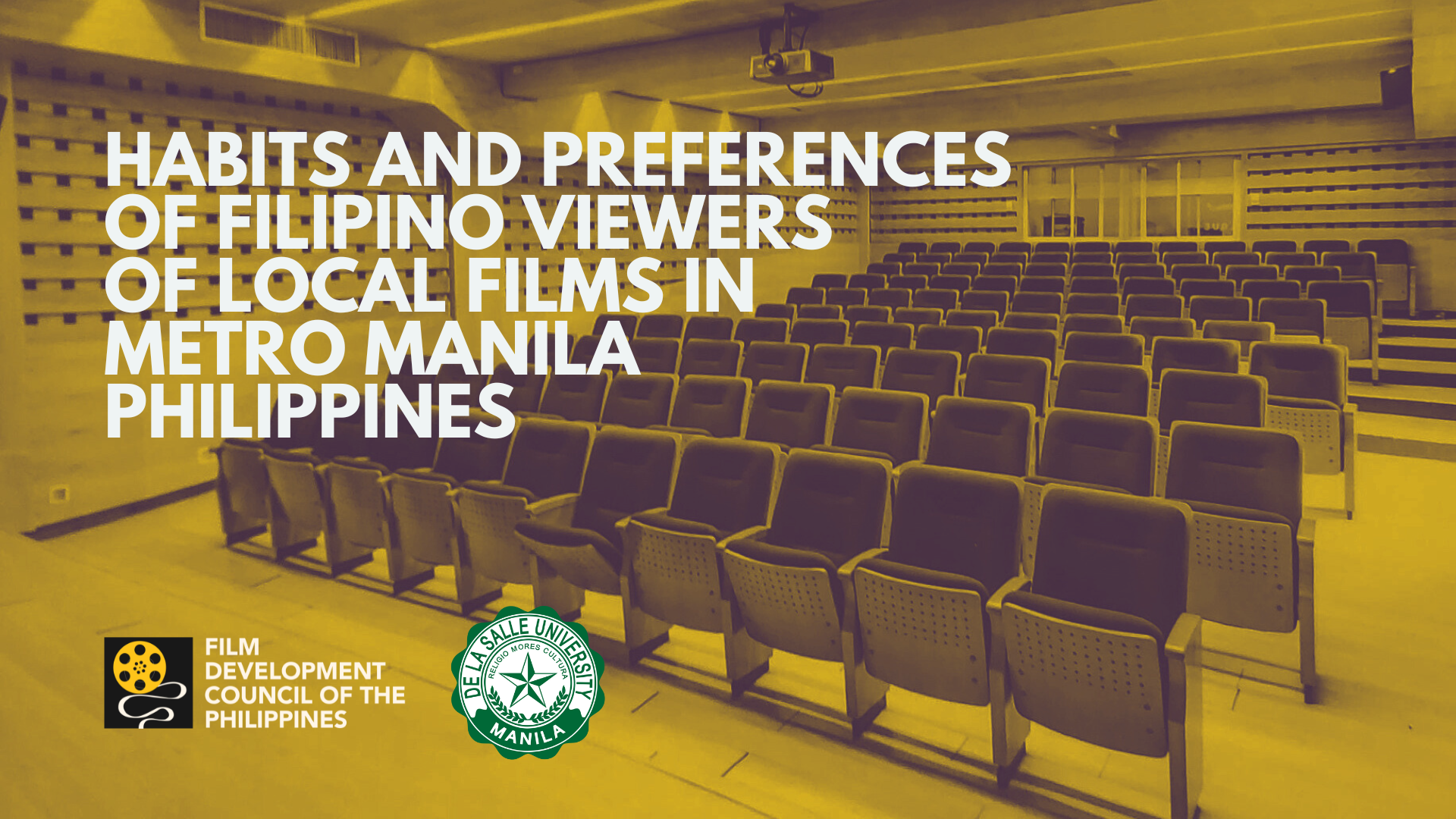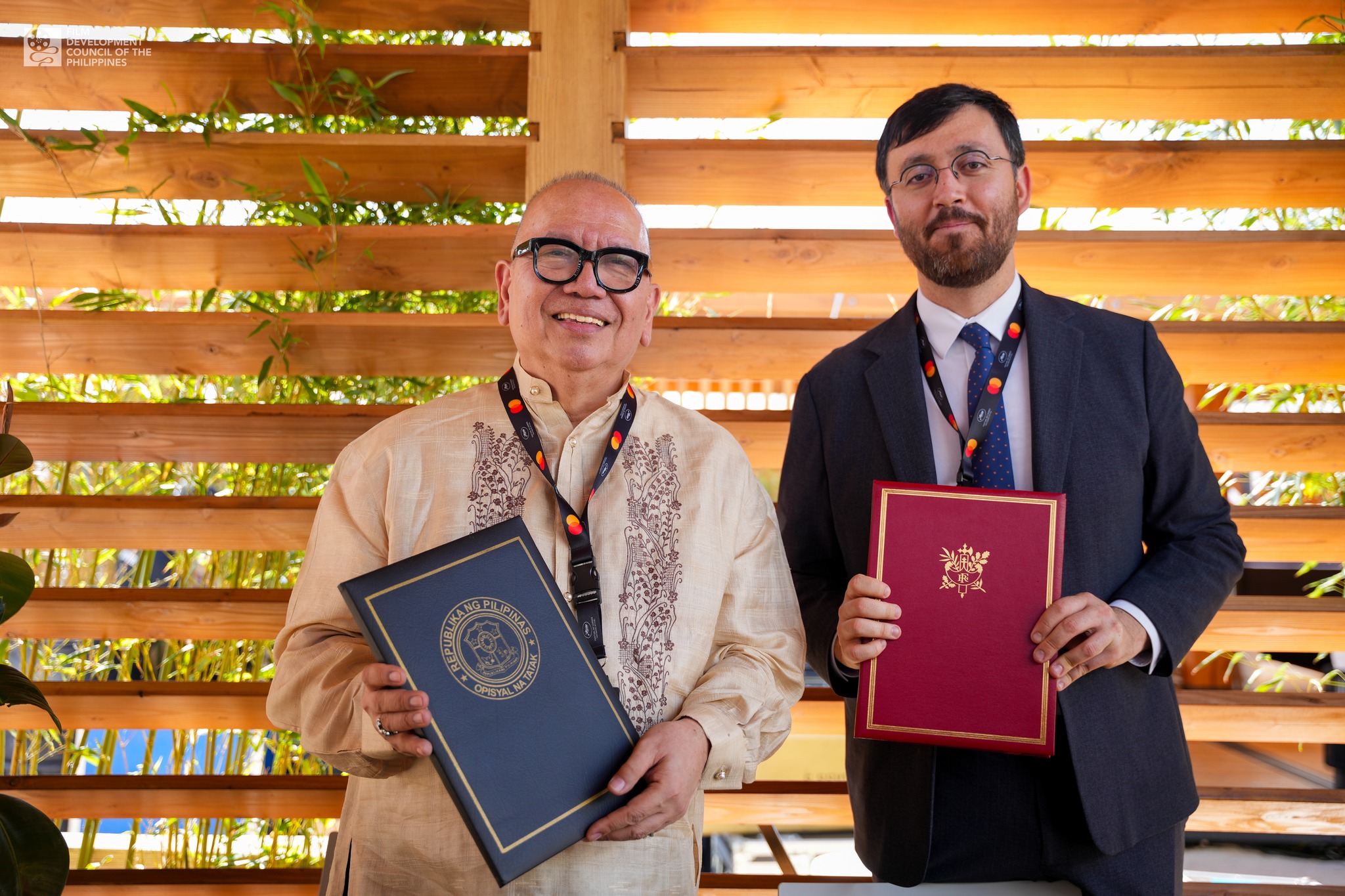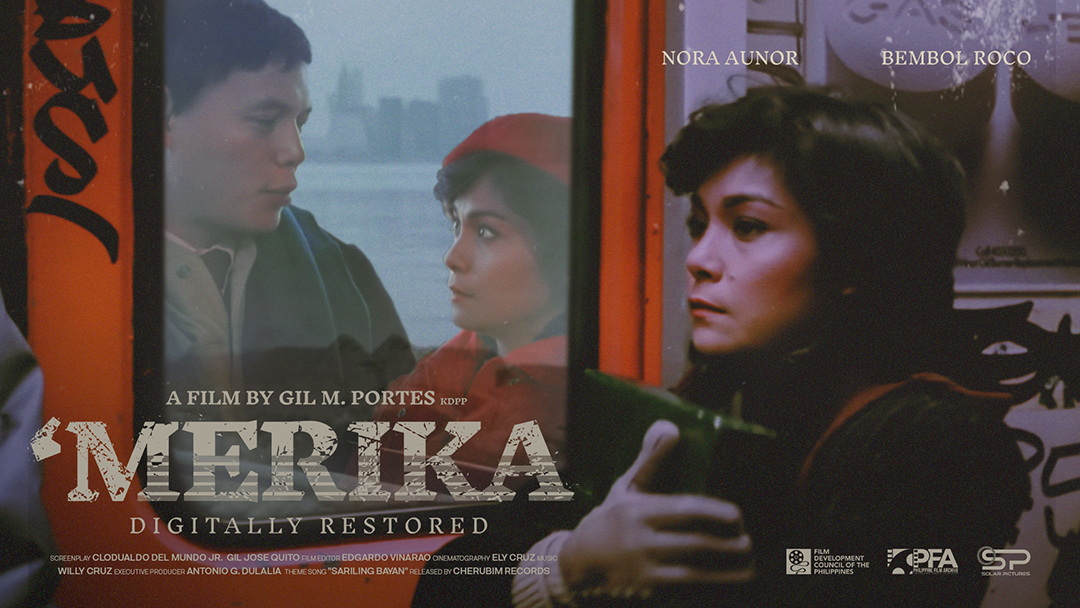‘Safe filming’ amid the Covid surge

Just as more film productions have resumed operations and cinemas have been given the go-signal to operate at limited capacities, we are faced with another hurdle due to the recent surge of coronavirus disease 2019 (Covid-19) cases and the presence of new virus variants in the country.
It has been more than a year since the pandemic lockdown was declared in the country. Cinemas are still closed and we are barely getting back on our feet.
As much as we have been raring to get back to business to jumpstart the industry’s recovery, there’s no other way but to scale down and observe stricter workplace guidelines.
Yes, it can be very frustrating.
But while this new obstacle is another test that we must overcome, the only way for us to continue operations is by faithfully abiding by the government’s prescribed protocols and putting a premium on the well-being of workers.
Productions can still go on
Last week, the issuance of Resolution No. 104 by the Inter-Agency Task Force (IATF) for the Management of Emerging Infectious Diseases, dated March 20, has caused worry among film and audiovisual (AV) industry stakeholders, especially those working on productions.

Production shoots are still allowed within the NCR Plus bubble but with additional restrictions to ensure the safety of everyone. CONTRIBUTED PHOTO/DAVID FABROS
Some productions sought clarifications from the Safe Filming Program (safefilming.ph) of the Film Development Council of the Philippines (FDCP). Our agency, in turn, forwarded the concerns of filmmakers, artists, and talents to the Department of Health (DoH), Department of Trade and Industry (DTI), and Department of Labor and Employment (DoLE).
We all heaved a sigh of relief when the concerned line agencies informed us that there are no suspensions of film and AV shoots as well as AV activities in the National Capital Region (NCR) Plus bubble, composed of NCR and the provinces of Rizal, Laguna, Cavite and Bulacan, which are all under General Community Quarantine (GCQ).
But while current operational capacities of essential and non-essential industries can be maintained nationwide, the following are additional restrictions to the NCR Plus bubble, effective until April 4, that must be observed:
- Production shoots taking place in NCR+ must be conducted within the bubble. Travel within NCR+ is allowed but non-essential travel outside of NCR+ is prohibited.
- Productions are encouraged to reduce on-site capacity to 30 to 50 percent where applicable.
- A production set should have a maximum of 50 workers at a time, with a maximum of 10 people per work zone.
- Minors, people aged over 65, pregnant women, and those with health risks should stay home and coordinate alternative work arrangements with their productions.
- Curfew will be in effect from 10 p.m. to 5 a.m.
- Productions must adhere to the additional guidelines of concerned local government units as applicable.
- Avoid face-to-face meetings in all stages of production.
- Establish alternative working arrangements.
- Ensure adequate ventilation in workplaces.
- Smoking and vaping in the workplace are highly discouraged. In designated smoking areas, physical distancing should be followed.
- Workers must avoid eating together. Consuming meals in their respective work zone is encouraged.
Producers and on-site Safety Officers are encouraged to conduct “Off the Job” Covid-19 Safety and Health briefings to employees, covering tips when using mass transportation, going to public places, and staying at home.
Key references for compliance are the DTI-DoLE-DoH Joint Administrative Order No. 2021-001 on the Health and Safety Protocols for the Conduct of Film and Audiovisual Production Shoots and Audiovisual Activities during Covid-19 Pandemic and DTI-DoLE Joint Memorandum Circular No. 20-04-A on Supplemental Guidelines on Workplace Prevention and Control of Covid-19.
Promoting occupational safety and health
To support the promotion and enforcement of health and safety protocols in the film and AV industry, the FDCP’s Safe Filming Program has been conducting free online training sessions since 2020 to propagate the importance of upholding occupational safety and health (OSH).
The Training for Basic Occupational Safety and Health (BOSH) for Safety Officer 2 (SO2), a 40-hour mandatory course on BOSH principles and concepts, was conducted with one batch in November and two batches in January by trainers from DoLE-accredited FRReal Occupational Health and Safety (FRROHS) Consultancy Training Services.
The BOSH Training scholars were from film and AV companies conducting production shoots under the Safe Filming Program. Eligible applicants had to be registered with the FDCP’s National Registry (NR) while non-registrants simply had to apply on the NR website.
The scholars were awarded an SO2 Certification, enabling them to implement the OSH program of their companies. They also received videos for reproduction by their organization and soft copies of the training manual, presentations, international papers, and OSH standards.
Creating a film sector-specific OSH Training Program
Next month, the FDCP Safe Filming Program will launch the first-ever sector-specific OSH Training program for the film and AV industry.
The Safety & Health Officers Training Seminar (Shots) is a landmark partnership between the FDCP and DoLE-OSHC (Occupational Safety and Health Center) that provides a 40-hour module on OSH that specifically addresses the nuances and peculiarities of the production activities of the film and AV sector. This free training program complements the BOSH Training of the DoLE for SO2 officers.
Slated from April 12 to 16 online, this training program aims to equip scholars with government-prescribed protocols and guidelines on conducting production shoots and events to manage risks related to the pandemic. In addition, it will cover workplace accidents and emergency preparedness.
At this time of heightened Covid-19 cases, we must push forth to contribute to an increased awareness of Covid-19, including its causes and ways to protect oneself from the virus. Now is the time to do away with complacency and instead be more vigilant and adherent. Together, let us practice and promote safe filming to ensure the safety and health of everyone.
Notes from the Chair is part of the Arts Awake section of The Sunday Times Magazine published by The Manila Times. Click HERE to view the article on The Manila Times website.





